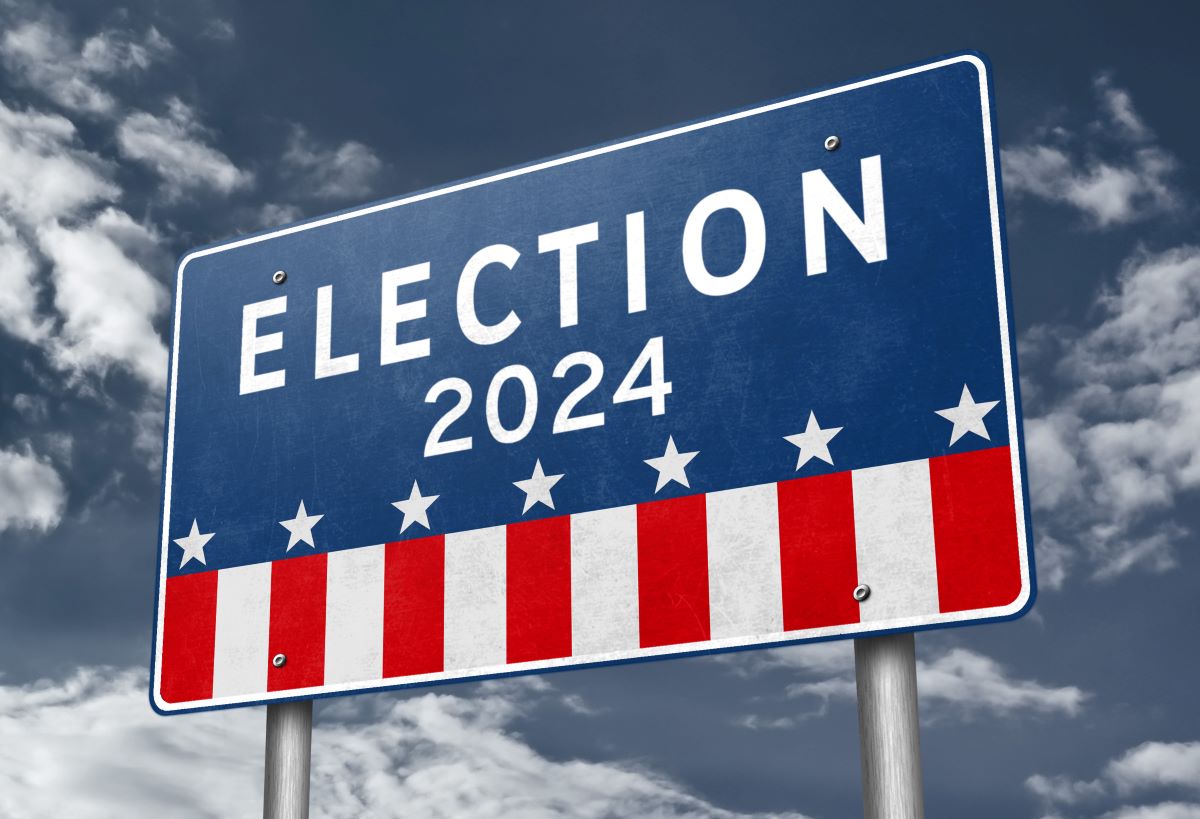On May 26, 2022, the Attorney General issued an opinion finding that individual legislative staffers of city councilmembers generally may not attend closed sessions of city councils and may not receive confidential information from those closed sessions. (Opinion No. 21-1102 (2022); 2022 WL 1814322.) While this opinion does not specifically refer to local educational agencies, it provides useful information about the individuals who may attend closed sessions of school district and county board of education meetings under the Brown Act. Importantly, the opinion provides a reminder that only individuals with a “qualifying role in the meeting” may attend closed sessions. Further, “their presence would undermine the Act’s rationale and transform the meeting into an unlawful semi-closed session.” Semi-closed sessions are not authorized by the Brown Act.
The Attorney General based its analysis on a test developed in prior Attorney General opinions, which analyzes who may be present in closed session and asks whether the individual has an “official or essential role” in the closed session. The rationale for the test is that having individuals present without an official or essential role would convert the closed session into a semi-closed session, which undermines the closed session’s purpose of ensuring confidentiality.
An individual has an “official” role in closed session if they are authorized by the Brown Act to attend closed session. For example, where a board is meeting in closed session to conference with legal counsel under one of the litigation exceptions, the board’s legal counsel must be present. Thus, legal counsel is an “official” individual in closed sessions for those purposes. The Attorney General opined that legislative staffers do not have an official role in closed session because neither the Brown Act nor any other statute, provides for their presence in closed session.
Other individuals without an “official” role may still attend closed session if they have an “essential” role in a board’s ability to conduct closed session business. An individual has an “essential” role if their attendance in closed session is necessary to the closed session business. The presence of an individual must confer more than a potential benefit to the closed session. Rather, “it must be essential to the particular business of the legislative body as a whole that provides the basis for closed session.” For example, the Attorney General previously held that a county retirement board could allow an applicant and their representative to attend a closed session if that attendance was necessary to make a determination as to the merits of the applicant’s disability retirement application.
The recent question posed to the Attorney General noted that the city council sought to have legislative staffers attend closed session for three reasons: (1) to take notes; (2) to administer the meeting; and (3) to provide relevant information to councilmembers. The Attorney General found that these purposes did not make the staffers “essential” to the closed session. The Attorney General first reviewed other cities for their practices and found that city councils in California typically do not have legislative staffers present in closed session, which suggested that their presence is not essential. Further, the council could assign a single employee to take notes in closed sessions and did not need assistance “administering” the meeting. As to the staffers providing information to councilmembers, the Attorney General stated that closed session exceptions are to be interpreted narrowly and that the ability of staffers to provide information to councilmembers “falls short of an ‘essential’ role in conducting the business of closed session.” The Attorney General noted that this was a general rule, and there could be a context in which a particular legislative staffer could be essential to a closed session. However, the essential nature of a legislative staffer would need to be determined on a case-by-case basis.
The Attorney General also opined that legislative staffers may not receive information from closed session as they are not authorized to attend closed session, unless the city council voted to approve sharing information out of closed session. Allowing the disclosure of closed session information would cause the confidentiality required by closed sessions to “evaporate.” In addition, on a separate question posed by the same requestor, the Attorney General also found that two legislative bodies under the Brown Act may hold a joint closed session so long as each legislative body qualifies under the same set of facts to hold a closed session under the Brown Act.



